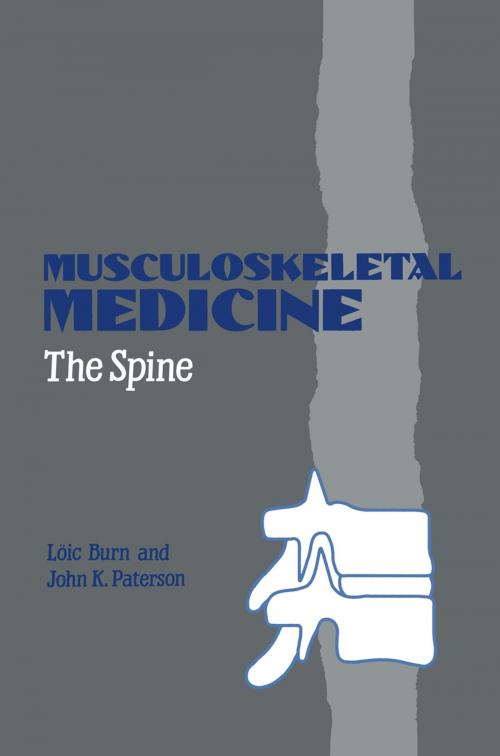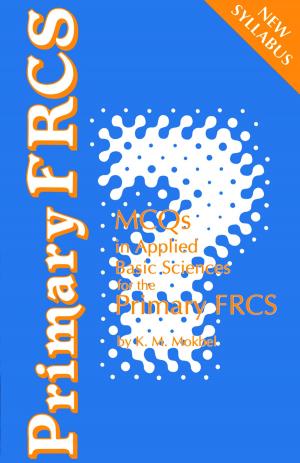Musculoskeletal Medicine
The Spine
Nonfiction, Health & Well Being, Medical, Specialties, Rheumatology, Internal Medicine, General| Author: | L. Burn, J.K. Paterson | ISBN: | 9789400907157 |
| Publisher: | Springer Netherlands | Publication: | December 6, 2012 |
| Imprint: | Springer | Language: | English |
| Author: | L. Burn, J.K. Paterson |
| ISBN: | 9789400907157 |
| Publisher: | Springer Netherlands |
| Publication: | December 6, 2012 |
| Imprint: | Springer |
| Language: | English |
Neck and back pain are common symptoms which vary from the trivial to the incapacitating. Conventional medical textbooks concentrate disproportion ately on those causes which have clear-cut diagnostic patterns and pathological features demonstrable by investigations. Discussions of treatment often overemphasize the importance of the tiny minority of patients who proceed to surgery. Real life is very different. The majority of patients who consult their general practitioners do not suffer from readily categorized diseases, have no diagnostic investigational signs, and often respond to treatment in no other way than that expected from the passage of time. It is not surprising that such a situation has led to the emergence of a number of gurus, both orthodox and unorthodox, who provide diagnostic labels and treatment methods united by only one thing - certainty. I had expected two such prominent exponents of manipulative techniques as the authors of this book to be among those offering certainty and demanding blind acceptance but I was wrong. This book explores the scientific basis for treatment and evaluates a vru:iety of therapeutic options. It offers an approach to assessment and treatment which is overtly pragmatic but firmly based in conventional clinical medicine. It is a book which invites discussion, comment and criticism in an area where many texts offer little but dogmatism.
Neck and back pain are common symptoms which vary from the trivial to the incapacitating. Conventional medical textbooks concentrate disproportion ately on those causes which have clear-cut diagnostic patterns and pathological features demonstrable by investigations. Discussions of treatment often overemphasize the importance of the tiny minority of patients who proceed to surgery. Real life is very different. The majority of patients who consult their general practitioners do not suffer from readily categorized diseases, have no diagnostic investigational signs, and often respond to treatment in no other way than that expected from the passage of time. It is not surprising that such a situation has led to the emergence of a number of gurus, both orthodox and unorthodox, who provide diagnostic labels and treatment methods united by only one thing - certainty. I had expected two such prominent exponents of manipulative techniques as the authors of this book to be among those offering certainty and demanding blind acceptance but I was wrong. This book explores the scientific basis for treatment and evaluates a vru:iety of therapeutic options. It offers an approach to assessment and treatment which is overtly pragmatic but firmly based in conventional clinical medicine. It is a book which invites discussion, comment and criticism in an area where many texts offer little but dogmatism.















